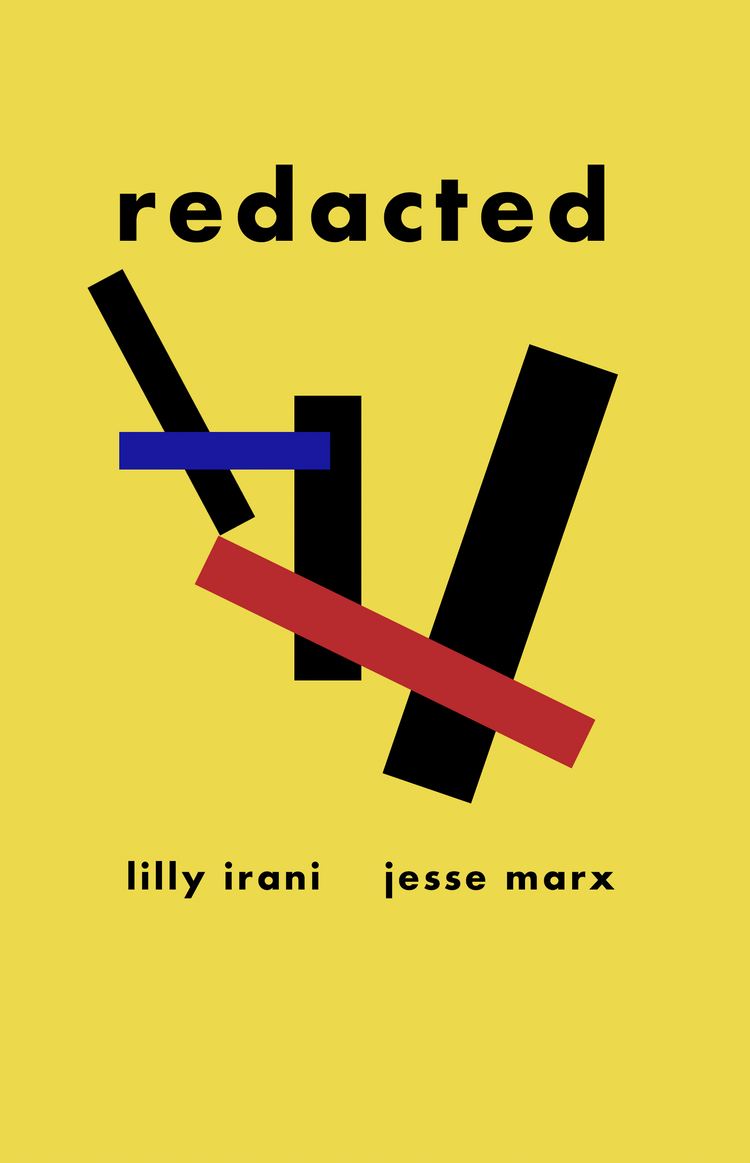
I’ve got a new book Redacted, co-authored with investigative journalist Jesse Marx. It is published by Taller California, a press dedicated works that engage with the border as a sociopolitical place and as a liminal and creative space.
The book offers practical advice and critical and sardonic readings of redacted government documents while reflecting on who gets to see who in processes of surveillance and making things public.
Buy the book from Taller California
An excerpt:
Secrecy and surveillance are two sides of the same coin. Both stem from an attitude that the people atop our institutions know better than the rest of us how to govern and structure society. Both engender mistrust and inhibit collective action. They engender mistrust by encouraging us to outsource responsibility for safety. This inhibits collective action, not only by chilling our speech and association but ceding authority to institutions we mostly do not participate in.
The “right to know” movement is fairly new in the United States. It emerged in the 1960s out of a political culture that saw opposing parties in Congress and in the presidency — the former wanted oversight over the latter. A more adversarial school of journalism as well as public advocacy groups joined in, pressing Congress to pass the Freedom of Information Act that ushered in “transparency” as a political buzzword. A politics of suspicion might have encouraged these transparency laws. Scholars debate the effects of transparency laws in the decades that followed. Some argue that transparency can exacerbate fear and fantasy, with revealed documents encouraging yet more speculation about the new horizon of the unknown. Others argue that transparency encourages citizens to stir up fervor but not take responsibility for a shared world.
We see it differently.
Transparency is not an end in itself, but a tactic for accountability. Accountability happens when the public can impose consequences on public actors, transforming institutions in turn. We are surrounded by groups seeking to claw back surveillance, police brutality, workplace harms, and more. Transparency in this sense is not about individual citizens exercising their liberal rights to know and vote. It’s about creating facts to build movements and even propose alternative policies and practices. It is not a tool of fear, uncertainty, and doubt, but a tool collectively wielded to gain attention, build power, and demand that gain alternatives are given gain a fair hearing.